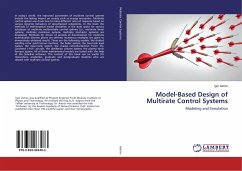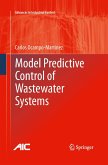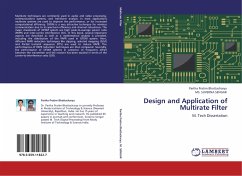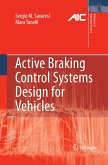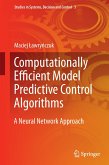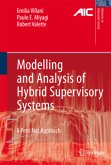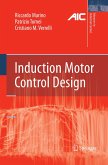In today's world, the improved parameters of multirate control systems include the lasting impact on society such as energy economics. Multirate control system uses from two to many different rates of response based on various dynamic behaviors of decomposed subsystems. In this book the methods of mathematical model derivation in the state space for various subclasses of multirate multivariable control systems (i.e., multirate linear systems, multirate nonlinear systems, multirate stochastic systems) are developed. Methods for choice of periods of discretization for multirate multivariable discrete plants are offered. Numerous examples are given to demonstrate obtained results. These are the following models: the divided winding rotor synchronous machine, the boiler system, the two-tank level system, the mixer-tank system, the coaxial rotor/ducted-fan TUAV, the Lockheed L-1011 aircraft, the distillation column system, the plasma torch furnace system. All of these mathematical models are tested with the help of the Simulink software. The content of this book can be useful for researchers, academics, graduate and postgraduate students who are related with multirate control systems.
Bitte wählen Sie Ihr Anliegen aus.
Rechnungen
Retourenschein anfordern
Bestellstatus
Storno

